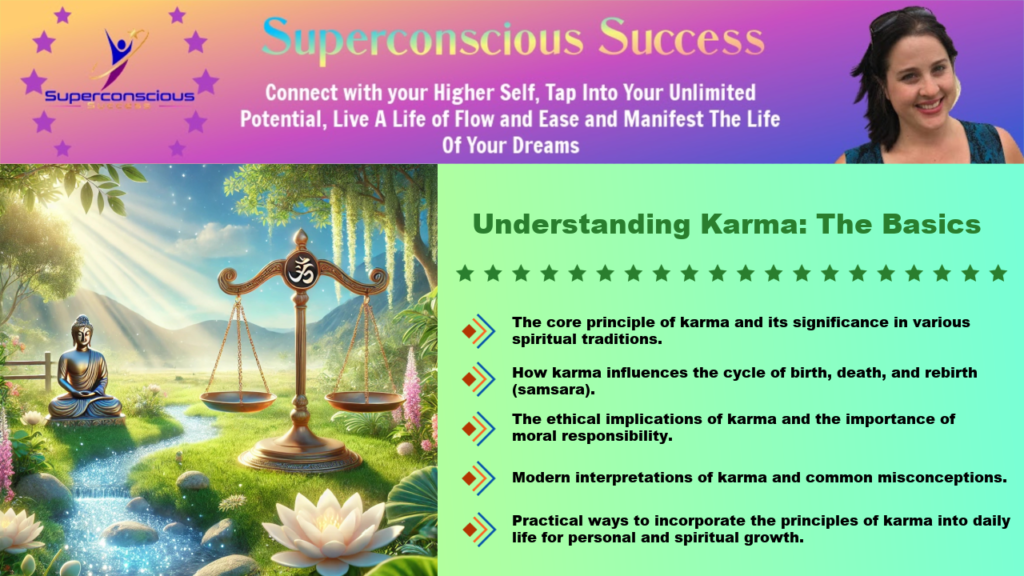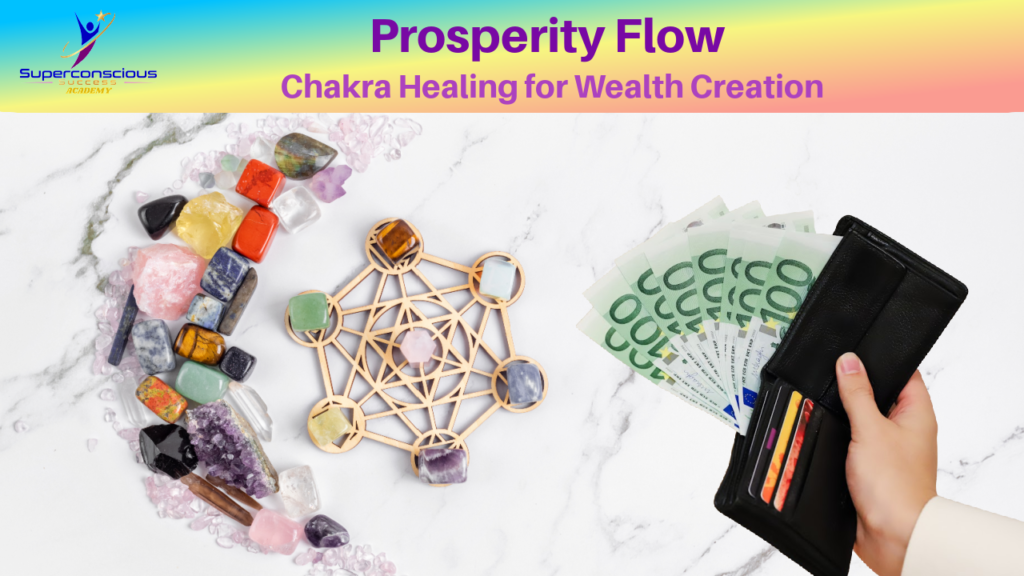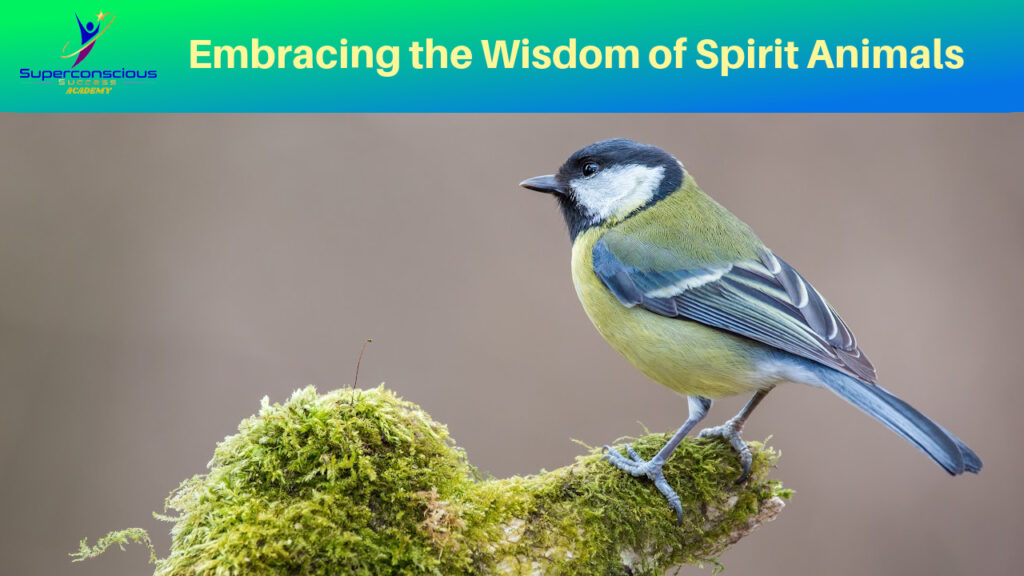
Hey there! In this blog post, you’ll explore the fascinating concept of karma and its profound impact on our lives. We’ll delve into the origins and principles of karma, understanding how it influences our actions and outcomes. You’ll learn about its role in various spiritual traditions and how it emphasizes ethical behavior. Additionally, we’ll discuss modern interpretations of karma and how embracing this principle can lead to significant personal and spiritual growth. By the end of this post, you’ll have a deeper appreciation for the karma principle and its relevance in today’s world. So, let’s get started on this journey to better understand karma and its transformative power!
Page 1
Additional Information
Introduction to Karma
Karma, from the Sanskrit word meaning “action” or “deed,” is a key concept in many spiritual traditions. It represents the principle of cause and effect. Every action—physical, verbal, or mental—produces a reaction. These reactions shape our future experiences. Positive actions lead to beneficial outcomes. Negative actions result in adverse consequences. The concept also encourages moral responsibility and virtues like compassion, honesty, and kindness.
In spiritual contexts, karma often relates to the cycle of birth, death, and rebirth (samsara). It suggests that our current life circumstances are influenced by past actions. Our future is shaped by our present deeds. Therefore, living righteously is essential for a favorable existence. From a secular perspective, karma emphasizes the ethical implications of our actions. It promotes mindfulness and accountability. By embracing karma, we navigate life with greater intentionality. This contributes to personal well-being and the welfare of our communities.
Historical Origins of Karma
Karma’s origins can be traced back to ancient Indian religions, such as Hinduism, Buddhism, and Jainism. Specifically, in Hinduism, it first appeared in the Vedas around 1500 BCE, describing the concept that actions have consequences. Additionally, the Upanishads expanded on this idea, linking actions to the cycle of rebirth and suggesting that our deeds influence future lives. Similarly, Buddhism, which emerged in the 6th century BCE, incorporates the idea of moral causation. The Buddha, therefore, taught that karma governs the cycle of birth, death, and rebirth. Moreover, the Dhammapada highlights this by stating, “we are shaped by our thoughts; we become what we think,” thus emphasizing the impact of intentional actions.
Conversely, Jainism offers a distinct perspective. It considers karma as subtle matter that adheres to the soul, thereby affecting its journey through various lives. Furthermore, the Tattvartha Sutra explains how karmic particles accumulate and can be purified through ethical conduct, meditation, and asceticism. Despite these cultural variations, the core principle remains consistent: actions have consequences that extend beyond individual lifetimes. Consequently, this concept influences ethical and spiritual practices globally.
Karma in Different Spiritual Traditions
The concept of karma, or cause and effect, is central to many spiritual traditions. In Hinduism, it is closely tied to the law of karma, where actions significantly impact one’s future existence and, therefore, play a crucial role in the cycle of rebirth. Similarly, Buddhism connects karma with samsara (the cycle of rebirth) and nirvana (ultimate liberation), thereby emphasizing the importance of intentions behind actions for ethical living and spiritual progress.
Jainism, however, uniquely views karma as a form of subtle matter that affects the soul’s purity and potential for liberation. Consequently, the religion advocates for non-violence, truth, and asceticism to reduce karmic accumulation and achieve spiritual freedom. Additionally, similar concepts exist in Christianity and Islam, reflecting a universal understanding of moral causation and the overarching significance of ethical behavior.
Modern Interpretations of Karma
Today, karma is often simplified as “what goes around, comes around,” implying cosmic justice where good actions lead to positive results, while bad actions result in negative outcomes. However, this popular view sometimes overlooks deeper philosophical aspects of the concept. Nonetheless, it remains influential in modern contexts, including personal growth and ethical behavior.
In self-help philosophies, this principle encourages individuals to take responsibility for their actions and their impact on others, thereby aligning with the belief that positive energy leads to a more fulfilling life. Furthermore, modern interpretations also extend to personal ethics, social justice, and environmental responsibility, emphasizing the interconnectedness of our actions. Consequently, this perspective fosters accountability, promotes fairness and altruism, and encourages sustainable practices. Embracing these modern views, therefore, can inspire individuals and communities to live more intentional and ethical lives.
Explore our Offers
Explore our podcast episodes on spirituality and personal growth, and join our FREE TUWC Family Membership for exclusive content and connections. Visit our About Page to learn more about Super Conscious Success. We’re excited to introduce our sister sites, each focused on different aspects of holistic wellness. The Self Empowered Empath supports empaths with emotional and mental health, Ask Naturopath Jen offers physical health and holistic wellness tips, and Tri-Unity Wellness Collective provides personalized coaching. Plus, explore TUWC Academy for diverse courses across five mini academies, including spiritual health, emotional wellness, physical health, conscious parenting, and spiritual entrepreneurship.
Additional Posts/Resources
Understanding Past Lives: An Introduction to Reincarnation(Opens in a new browser tab
FREE 10 Daily Practices for Positive Karma Guide
FREE 10 Daily Practices for Positive Karma Guide
The “10 Daily Practices for Positive Karma” guide teaches you simple, practical actions to cultivate mindfulness, compassion, and intentionality in your daily life, helping you create positive energy and live ethically. By following these practices, you’ll enhance your personal well-being and contribute positively to your community and the world.
Workshop: Karma Unleashed: The Path to Positive Living
Workshop: Karma Unleashed: The Path to Positive Living
Join our “Karma Unleashed: The Path to Positive Living” workshop and discover the transformative power of karma! This interactive session will guide you through practical steps to cultivate positive energy, mindful actions, and ethical living. Learn how to create a life filled with compassion, purpose, and fulfillment.

















